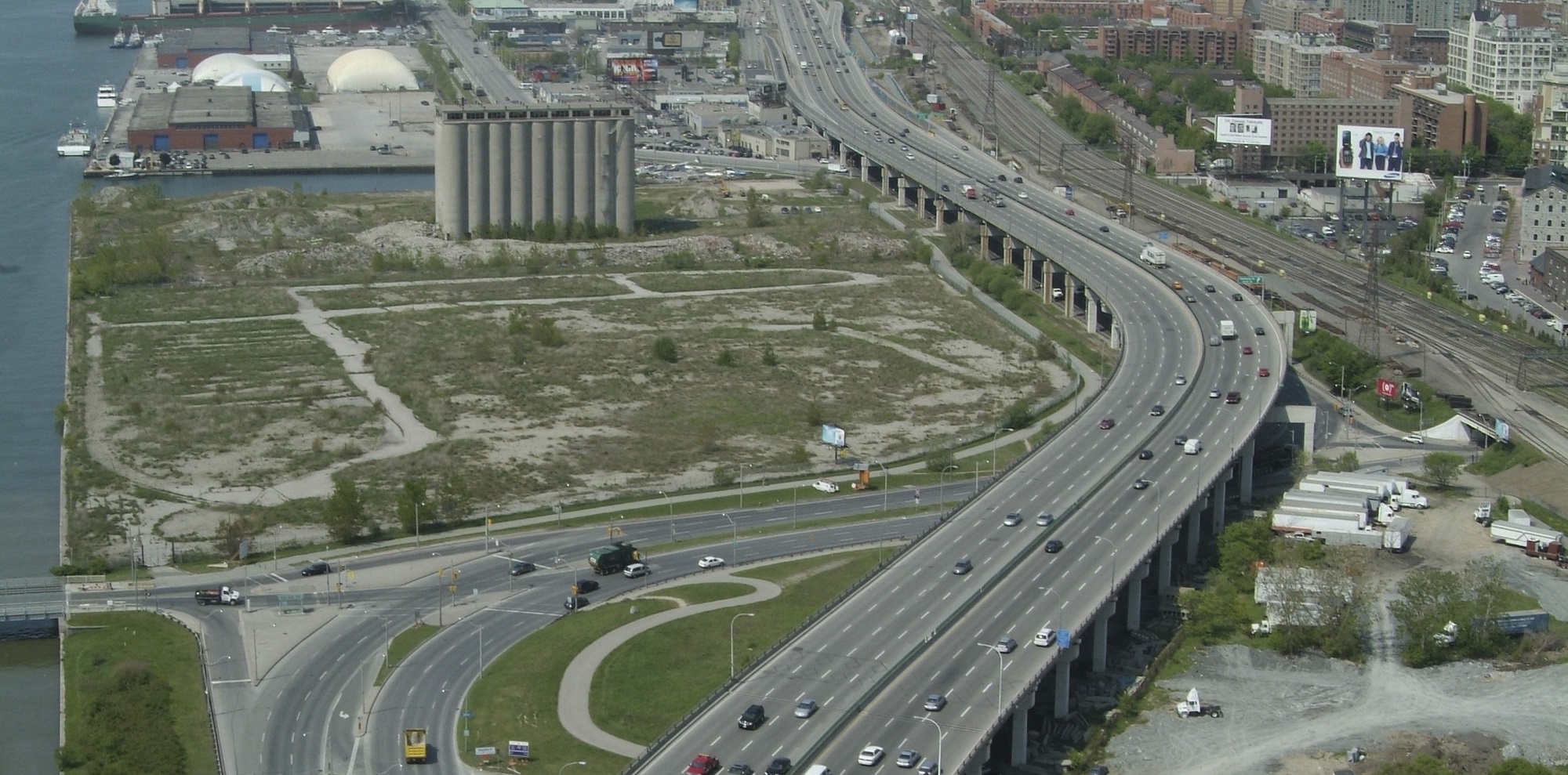April 1, 2015
NEWS RELEASE: OCC calls for focus on land use, transportation in fight against climate change
More compact communities in Greater Golden Horseshoe key to reducing greenhouse emissions, Consortium argues
TORONTO, April 1, 2015 – Ontario’s long-term climate change strategy should place a strong emphasis on integrating land use and transportation planning in the Greater Golden Horseshoe, as well as on the protection and restoration of agricultural and natural areas across the entire province, the Ontario Climate Consortium (OCC) has recommended.
With close to 70% of Ontario’s population living in the Greater Golden Horseshoe, the greatest opportunities for significant reduction in greenhouse gas (GHG) emissions will be found in this region. It also means that the physical and economic impact of the extreme weather events associated with climate change will be felt most strongly there, the OCC argues in a submission to the provincial Ministry of the Environment and Climate Change.
The Ontario Climate Consortium is a collective of scientists, researchers and practitioners across the province dedicated to providing public and private decision-makers with the research to support climate change adaptation and mitigation efforts. The OCC’s submission is a response to the Ministry’s call for feedback on its recently-published climate change discussion paper.

Integrated land use and transportation planning, the OCC recommends, should focus on creating compact communities where residents can more easily use low-impact modes of transportation such as walking, cycling and public transit.
“Reducing emissions and enhancing resiliency in the Greater Golden Horseshoe region requires a renewed effort to counteract the trend towards de-densification that has locked many Ontarians into an auto-dependent, high-carbon lifestyle,” the OCC writes.
The Consortium also recommends provincial government support for green infrastructure initiatives such as urban afforestation and green roofs, which can help both to mitigate the impacts of climate change and make communities more resilient.
In addition, the OCC submission recommends that the Province fund risk and vulnerability assessments in communities and economic sectors across Ontario, and calls for the use of carbon pricing revenues to support investment in mitigation and adaptation efforts – including university-based research.
“The OCC’s University partners are home to considerable expertise in the areas of climate change mitigation and adaptation, but there needs to be financial support from the provincial government to help mobilize university-based knowledge to support decision-makers in policy and investment responses to climate change,” says Gordon McBean, Chair of the OCC.
The full OCC submission can be read here.



Comments are closed here.